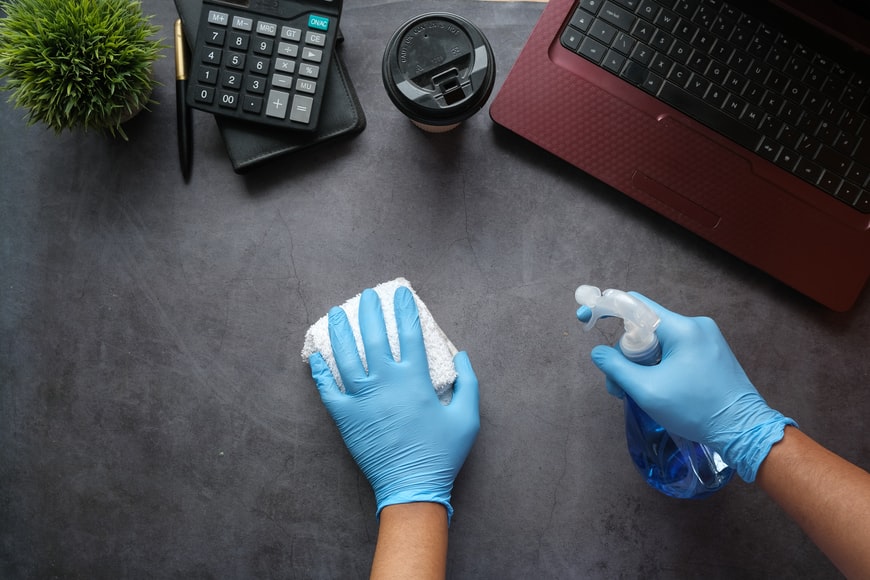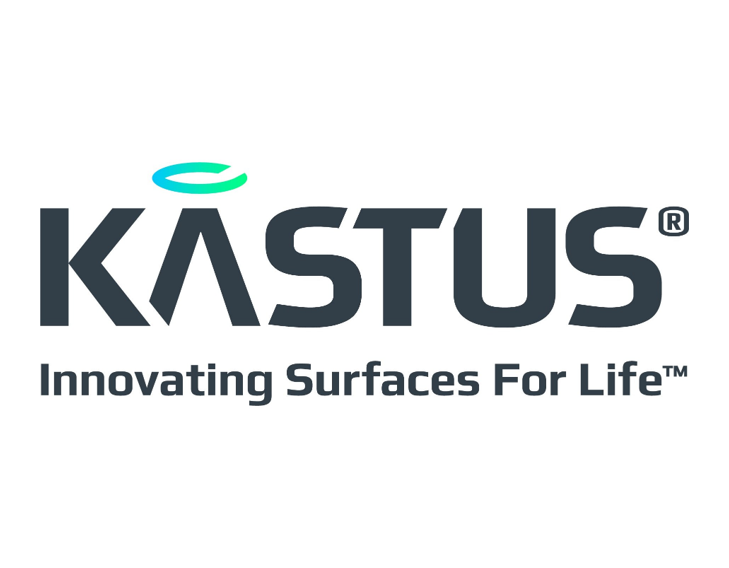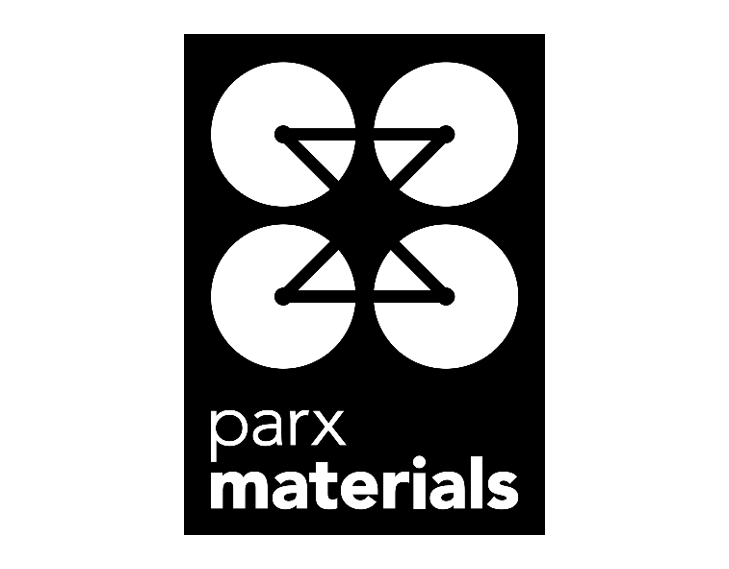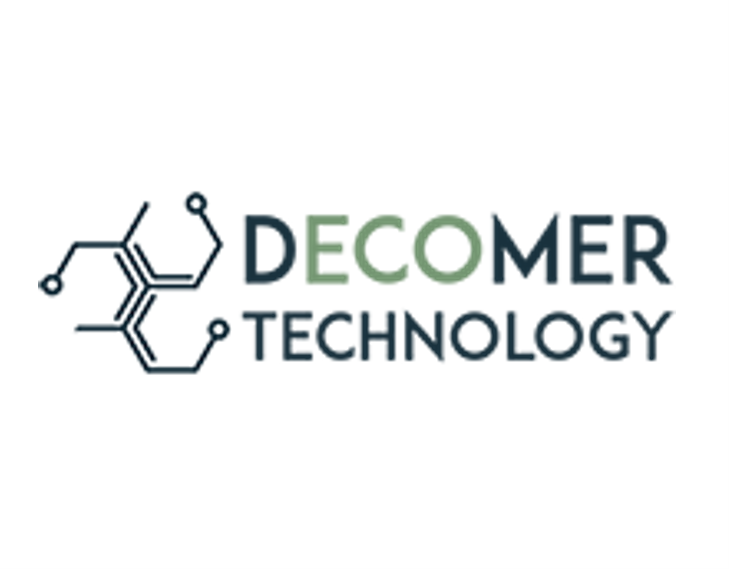123Fab #91
1 topic, 2 key figures, 3 startups to draw inspiration from

Biologists from the University of Oregon have discovered an average of 7,000 different types of bacteria on smartphone screens. While most of these are also present in the human body, some can pose a pathogenic threat to weaker individuals, especially the elderly. In response to this, and boosted by the growing concern for cleanliness related to the covid 19 pandemic, various industries have witnessed the rapid development of antimicrobial materials, capable of inhibiting or killing the microbes on their surface or within their surroundings.
There are different types of antimicrobial materials in various sectors: glass, plastics and polymers, and textiles.
Glass
Antimicrobial glass is an innovative product for protection against microbes and it applies to many sectors: health, information technology, and optics with supports such as windows, screens, or glasses. Various operating principles for antibacterial glass have been developed in recent years. The AGC Glass group has been a pioneer in the sector, marketing an antibacterial glass based on the application of a layer of silver ions to the surface of the glass sheet in 2007. These ions interrupt the division mechanism of the bacteria that settle on it, disrupt its metabolism and then lead to its destruction. On the other hand, the International Institute of Technology uses another technique, based on the properties of titanium oxide exposed to ultraviolet light on several coatings (glass, silicon wafers, aluminum foil, etc.) to prevent the development of microbes inside spacecraft. Startups are not left behind, as illustrated by Kastus, which received in June 2020 a grant from the European Commission to combat the COVID-19 pandemic. Last year it completed a €5.65 million Series A funding round to further develop its light-powered anti-viral surface protection technology, which has already received 46 granted and pending patents. It is currently working in partnership with a number of global brands such as Lenovo, Lavazza, and Kone, and its technology is applied to phone screens, tablets, cars, and optics.
Plastics
Similarly, antimicrobial plastics continue to make a difference in many aspects of everyday life. Antimicrobial plastics are treated in the same way as glass, with some using silver ions on the polymers to inhibit the growth of bacteria. Premix Group, a global manufacturer of electrically conductive and antimicrobial plastics, has developed its Prexelent technology, which stores pine rosin, the active agent, inside the plastic. Rosin is activated by moisture or liquid to combat many types of harmful microbes – moulds, viruses and bacteria on the surface of polymers such as engineering plastics, polystyrene and PVC. Other techniques, such as the group Microban International‘s, use the antibacterial properties of zinc to develop a technology that, when added to plastic, penetrates the cell wall of the microbe to annhilate it. This is also the technology that startup Parx Materials has built on to develop their antimicrobial and antibiofilm technology. Named one of the top 3 technology startups in Europe in the European Commission’s 2014 Tech All Stars competition, it raised €1 million in 2020. Their product Saniconcentrates™ can be added to packaging films, especially films in direct contact with food, to prevent micro-organisms from accumulating on the surface of a product, thus prolonging its shelf life, but also to prevent cross-contamination in shopping bags or on conveyor belts.
Textiles
Antimicrobial textiles are in vogue, particularly since the covid-19 crisis but more widely in a variety of applications from household to commercial, including air filters, healthcare, hygiene, medicine and sportswear. Different types of antimicrobial textiles exist, including antibacterial, antifungal, and antiviral. While historic generalist groups dominate the market, such as Biocote, which offers a range of antimicrobial silver-based additives to be introduced into the textile manufacturing process to make it resistant to microbes, start-ups are also emerging in parallel. Muse Nanobots startup, a subsidiary of the IIT Madras-incubated Muse Wearables startup, has developed methods to coat textiles with nanoparticle-based antimicrobial agents capable of inactivating viruses with up to 99% reduction within the first 5 minutes of contact. These coatings are expected to be effective for up to 60 washes, allowing the textile to keep its properties over a long period. Fabiosys Innovations, another startup created in 2018, has developed an affordable high-performance medical textile Fabium based on a technology called Hi-PAT. It is highly effective against bacteria, viruses and fungi and can be moulded into any type of fabric: natural, synthetic and blended with applications in healthcare, hospitality and clothing.
Finally, it is clear that antibacterial materials have been in vogue for some years and have been boosted by the coronavirus crisis, which has brought health issues to the forefront. Several techniques coexist and are applied to different materials. The large groups in the sector are regularly challenged by start-ups developing new technologies. However, the extensive use of antibacterials may increase the resistance of certain strains, which will have every opportunity to proliferate. This is a potential limitation of the application of these materials.
2 Key Figures
+ $622M invested in antimicrobial coatings
Tracxn
The antimicrobial coatings market is expected to grow at a CAGR of 13.8% from 2022 to 2030
It was valued at $9.0bn in 2021 – Grand View Research
3 startups to draw inspiration from

Kastus
The Irish startup has developed patented visible light-activated, photocatalytic, antimicrobial coatings. The coatings prevent the growth of bacteria on the surface it has been applied to, such as glass, ceramics, and touchscreens, with no negative side effects for the end-user. The startup was a finalist of the Med Tech Award 2020.

Parx Materials
The Dutch startup has developed a passive-acting polymer technology based on a physical anti-adhesive principle to keep surfaces free of microbes, viruses, biofilm, dirt and mould. The technology does not use harmful or toxic chemicals, biocides, heavy metals, or nanoparticles. It can be used with almost any type of plastic.

Fabiosys Innovations
The Indian startup has developed the Fabium technology, a high-performance fabric that destroys around 99.9% bacteria and viruses in 30 minutes. The product is thoroughly tested and ISO certified. It can be moulded into any type of fabric: natural, synthetic, and had applications in healthcare, hospitality and clothing.
Interested in a startup landscape or in an insights report?
Please fill out our contact form so that we can get back to you very quickly with our product offer.
Want to subscribe to our 123Fab?
Fill out our form to receive the latest insights into your inbox.
